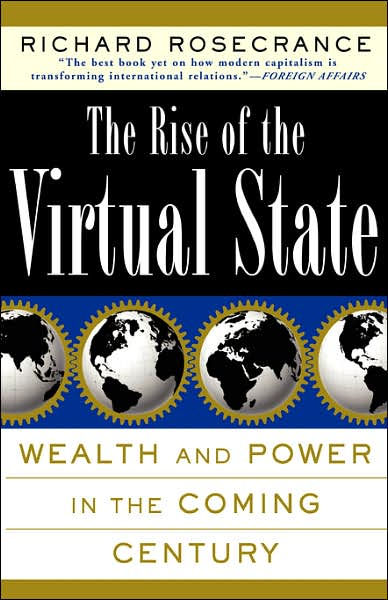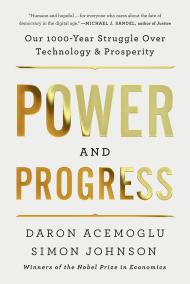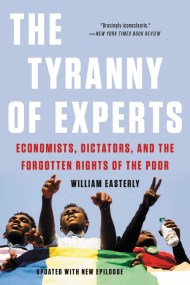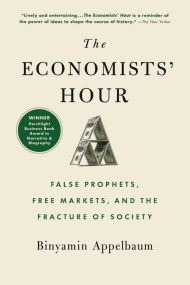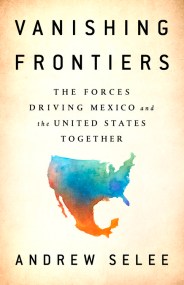By clicking “Accept,” you agree to the use of cookies and similar technologies on your device as set forth in our Cookie Policy and our Privacy Policy. Please note that certain cookies are essential for this website to function properly and do not require user consent to be deployed.
The Rise Of The Virtual State
Wealth and Power in the Coming Century
Contributors
Formats and Prices
Price
$21.99Price
$28.99 CADFormat
Format:
Trade Paperback $21.99 $28.99 CADAlso available from:
- On Sale
- Aug 4, 2000
- Page Count
- 288 pages
- Publisher
- Basic Books
- ISBN-13
- 9780465071425
Newsletter Signup
By clicking ‘Sign Up,’ I acknowledge that I have read and agree to Hachette Book Group’s Privacy Policy and Terms of Use
